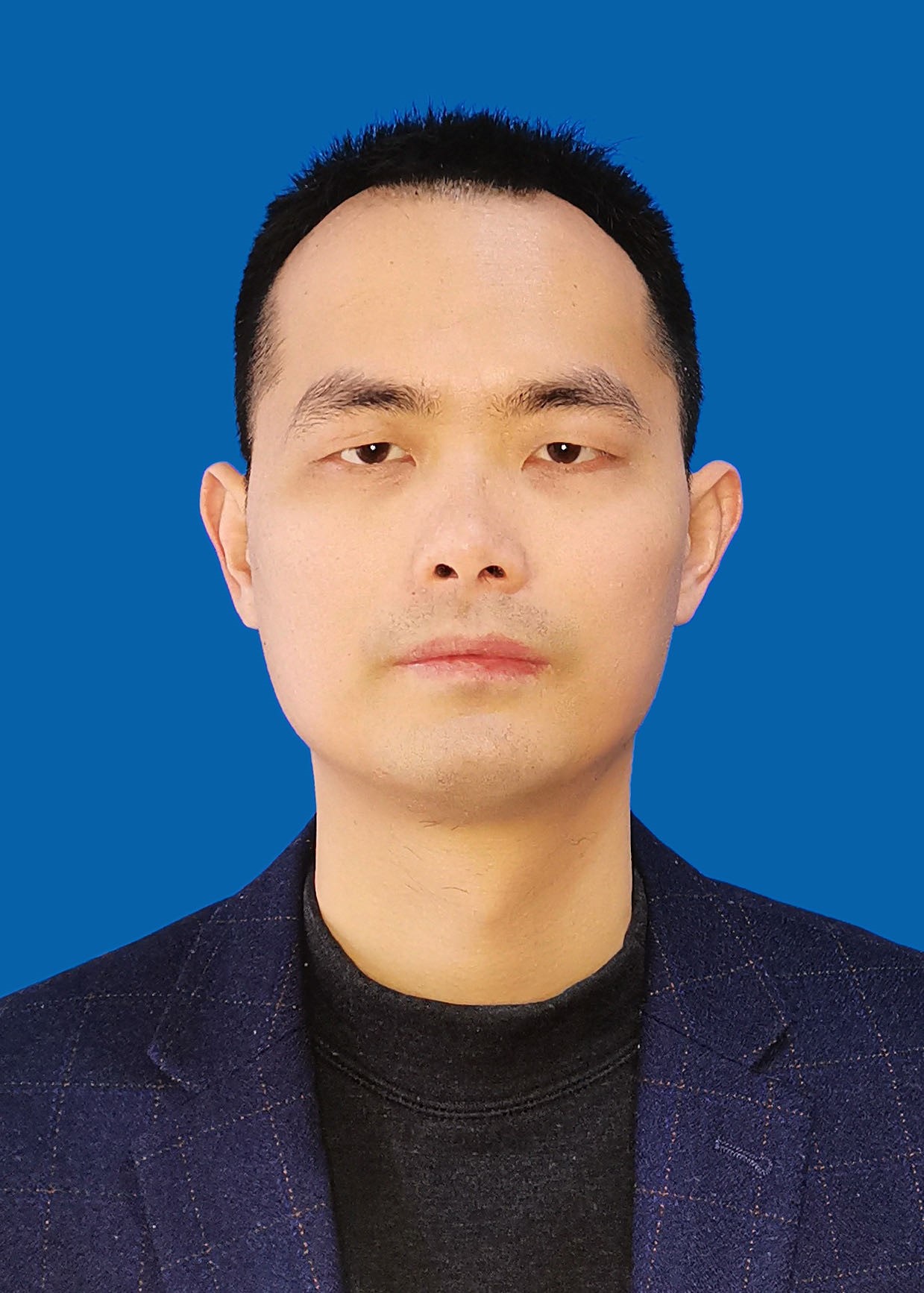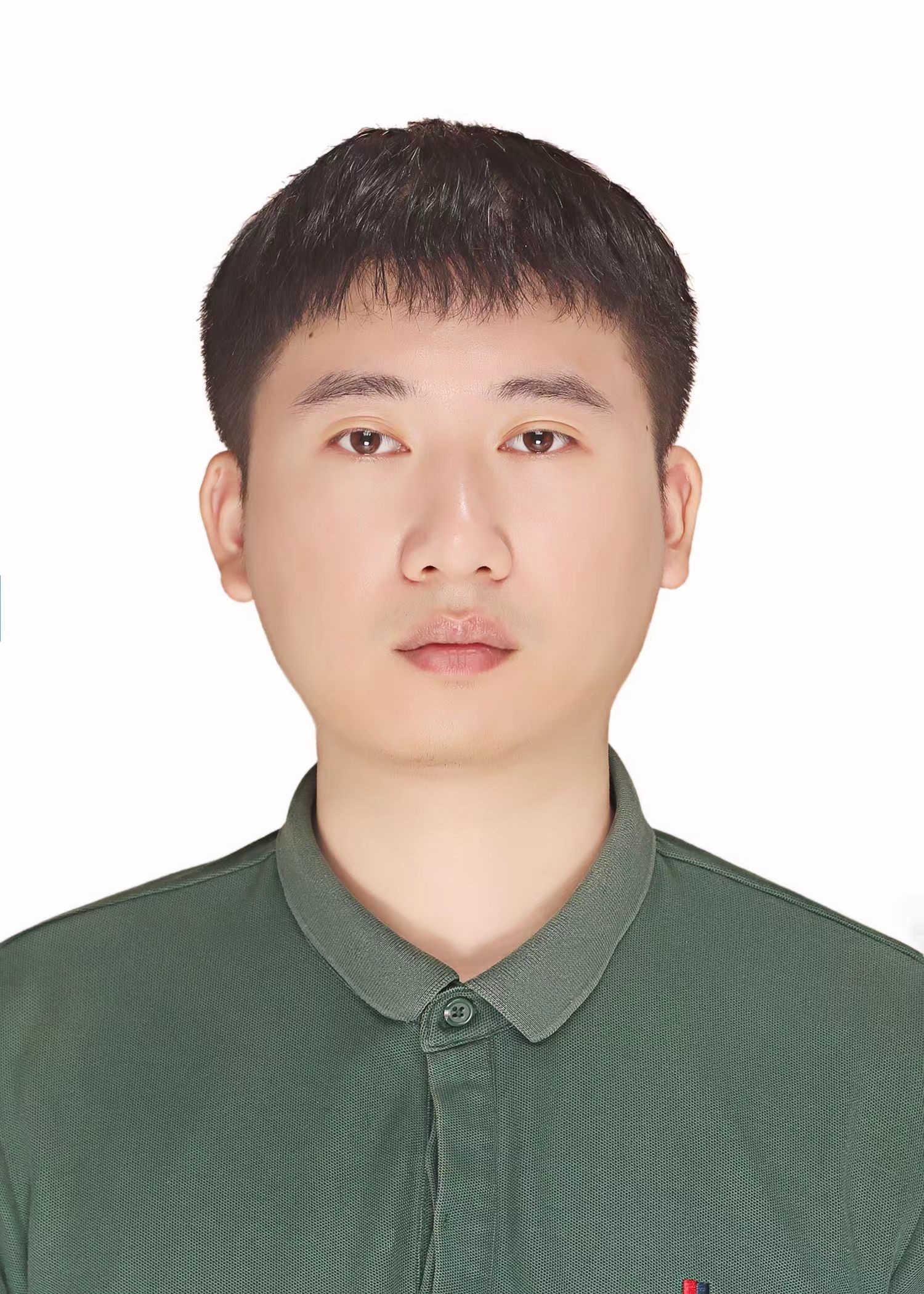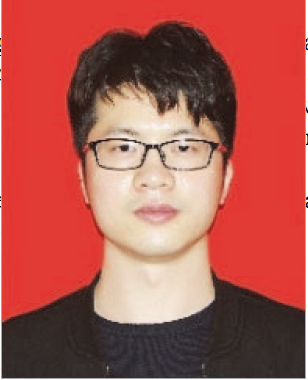 Special Session 3
Special Session 3
Numerical Simulation of Partial Discharge, Online Insulation Monitoring and Fault Diagnosis for Electrical Equipment
专题三: 电气设备局部放电数值仿真、绝缘在线监测与故障诊断
Organizers:
Feng Bin, Changsha University of Science & Technology (dianzi8349@csust.edu.cn);
Fangwei Liang, Tsinghua University (liangfangwei@tsinghua.edu.cn);
Zhi Zheng, Hunan University (zhengzhi@hnu.edu.cn)
Xiao Zhong, Hunan University (zhongxiao@hnu.edu.cn);
Submit your paper via http://www.easychair.org/conferences/?conf=apet2025, and choose Special Session 3 option.
Partial discharge (PD) happens when a small area of insulation in a high voltage environment cannot cope with the electrical stress and breaks down. PD might be small in size, but it does cause insulation to deteriorate over time, which will ultimately lead to failure. Thus, PD is not only the expressive form but also the important factor of insulation deterioration. If left unchecked, insulation failure can result not only in loss of supply to processes or customers but can also endanger staff. PD can be classified into three main types: internal PD, occurring inside insulation; surface PD, tracking across insulation; corona PD, from a sharp electrode into gas. The methods of PD detection include pulse current method, ultra-high-frequency method, transient earth voltage method, and ultrasonic method, etc. At present, the mechanism of PD is investigated mainly by means of experiments and mostly focus on studying the development law of PD through controlling the experimental conditions simply. Affected by the randomness of PD and limited by the number of experimental samples, the experimental data is less, and the statistical rule is often inaccurate. Fortunately, the numerical simulation of PD can address the aforementioned problems.
The traditional preventive experiment has a long experimental period and its test voltage is much lower than the normal operating voltage of electrical equipment. Additionally, the experiment results are susceptible to temperature and humidity. In this situation, the insulation deterioration of electrical equipment cannot be discovered in time, and the sudden development will lead to serious consequences for power supply. Online monitoring system can continuously monitor the leakage current, dielectric loss, equivalent capacitance, operating voltage, ambient temperature and humidity of high-voltage equipment, and automatically collect and analyze the data by computer. Thus, online insulation monitoring of electrical equipment is an important technology to find the hidden defects in time and can early prevent the sudden insulation failure. When the insulation defects of high-voltage equipment such as oil-insulated transformer, gas-insulated switchgear, power cable, and switch cabinet, are detected, the further fault diagnosis can help workers guide for the maintenance, thereby beneficial to increase the maintenance efficiency and save the maintenance time.
Topics of interest for this special session include, but are not limited to:
- Numerical Simulation of Gas Discharge - Partial Discharge Detection - Design of Ultra-High-Frequency Antenna - Fault Diagnosis Method for Electrical Equipment - Online Monitoring of Power Transmission and Transformation Equipment - Artificial Intelligence Technology Applied in Power System - Risk Assessment for Electrical Equipment - Life Prediction for Electrical Equipment

|
Feng Bin, born in 1989, received the Ph.D. degree in electrical engineering in 2020 from Hunan University. He is currently a master supervisor and the director of innovation and entrepreneurship center of School of Physics & Electronic Science at Changsha University of Science & Technology. He obtained the outstanding poster award of 19th Asian Conference on Electrical Discharge and the third prize of Hunan Provincial Optics Technology Award in 2021. His research interests include the online monitoring of electrical equipment, partial discharge detection, and numerical simulation of gas discharge. His personal homepage see https://www.csust.edu.cn/wdxy/info/1288/6359.htm. |
|
Fangwei Liang was born in Lianyuan, China, in 1991. He received the B.Sc. degree from the North University of China, in 2013, the Ph.D. degree in electrical engineering from Hunan University, in 2022. At present, he is engaged in post-doctoral research in State Key Laboratory of Power Systems, Tsinghua University. His current research interests include surface charge behavior under DC voltage, insulation optimization design of gas insulation system. |
 |
Zhi Zheng was born in Hunan, China in 1995. He received the B.S. degree from Taiyuan University of Technology, Taiyuan, China, in 2017 and the M.S. degree from North China Electric Power University, Baoding, China, in 2020. He is currently pursuing the Ph.D. degree in electrical engineering at Hunan University, Changsha, China. His research interest is the electromagnetic transient of offshore wind power system. |
 |
Xiao Zhong, born in 1996, received his B.Sc. degree in electrical engineering from Hefei University of Technology in 2019. Currently, he is studying for the Ph.D. degree in electrical engineering at the School of Electrical and Information Engineering of Hunan University. His research interests include lightning electromagnetic transients in power systems and lightning protection design of PV systems. |
